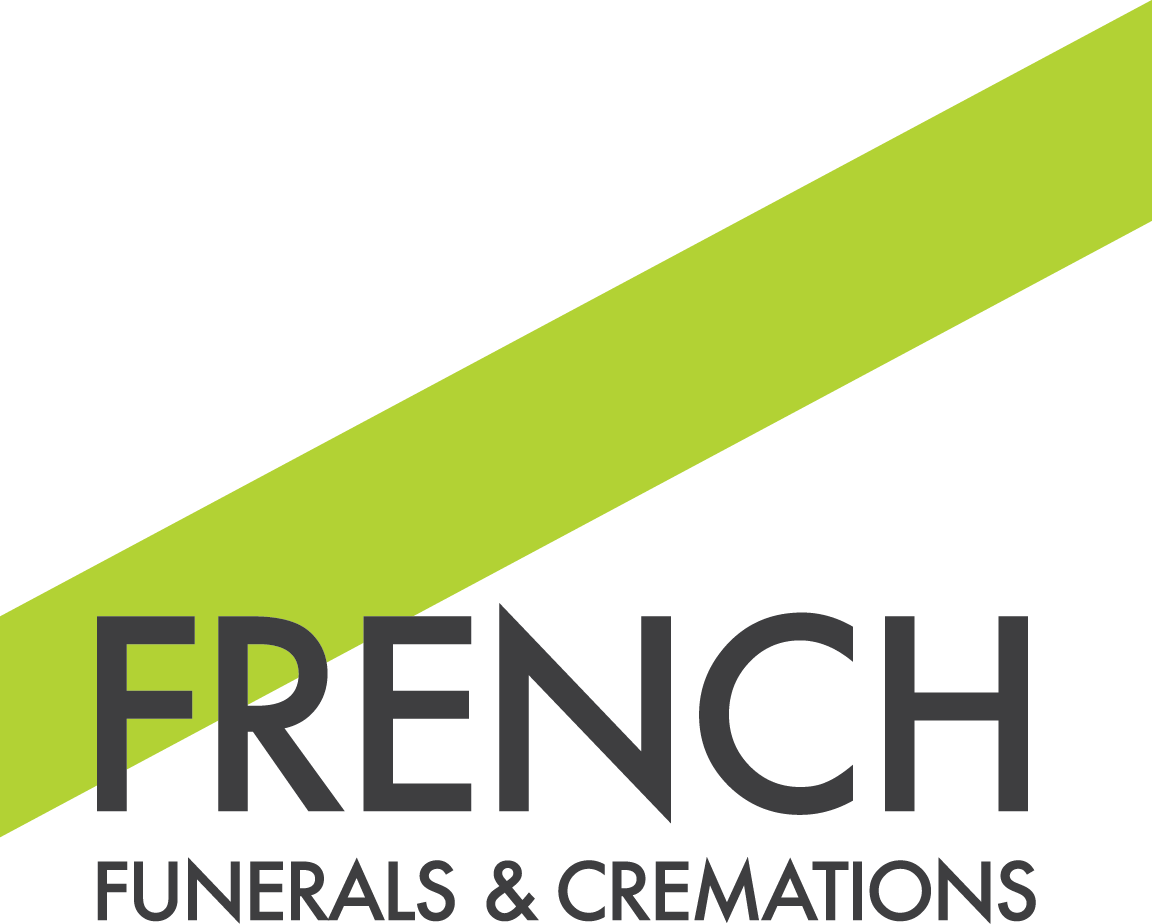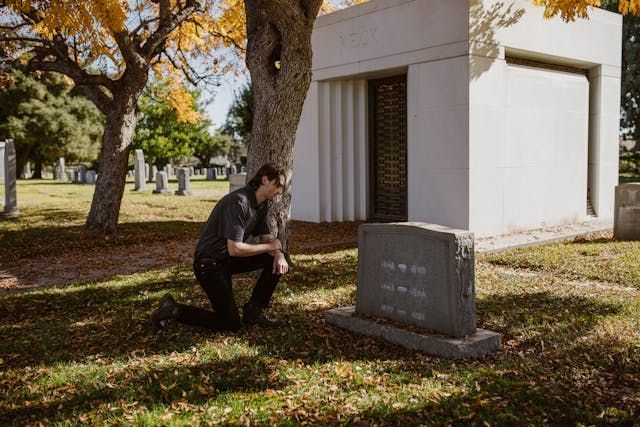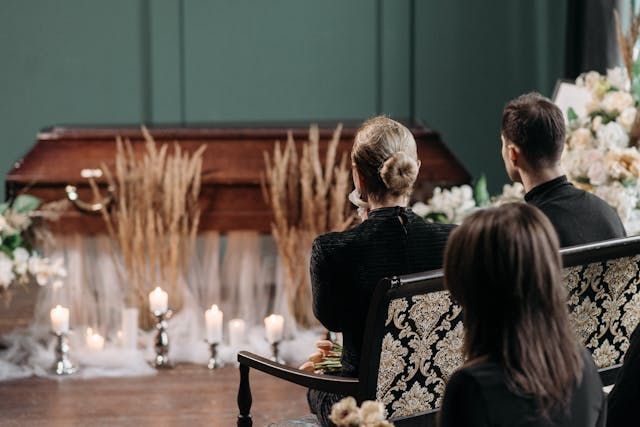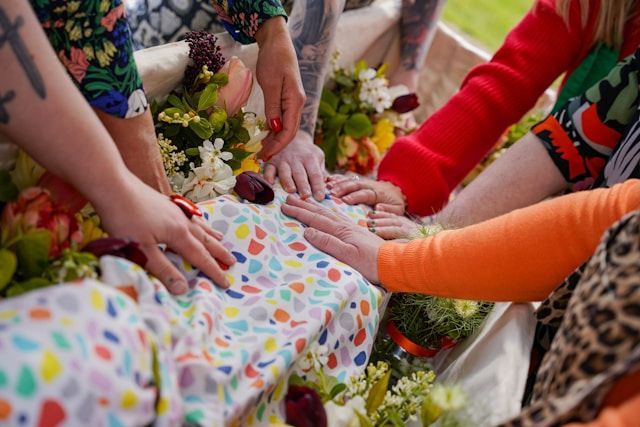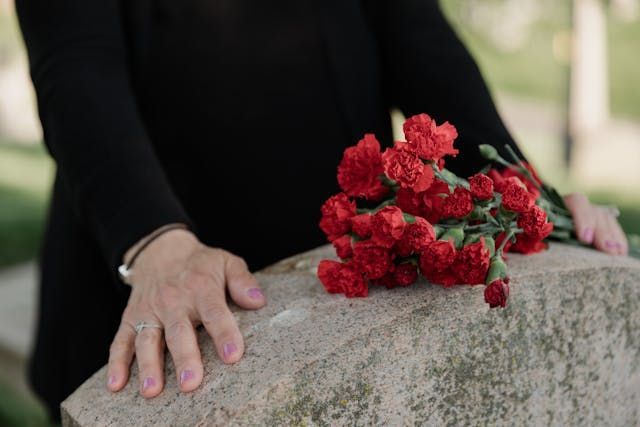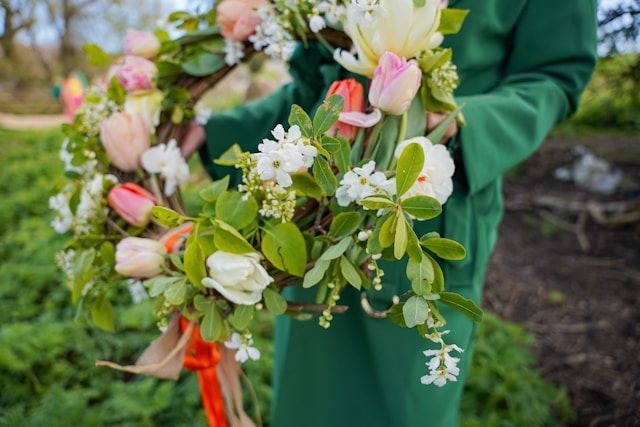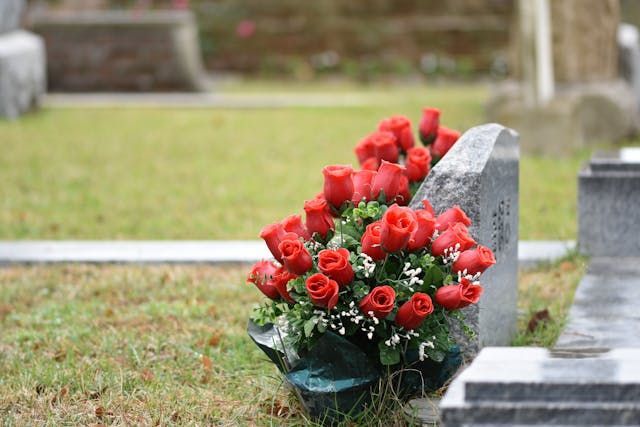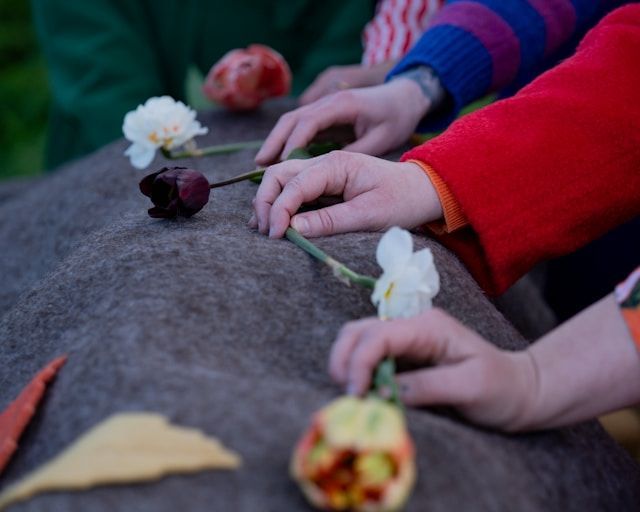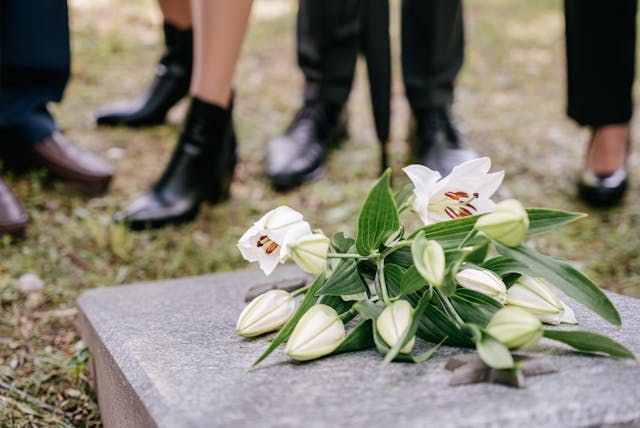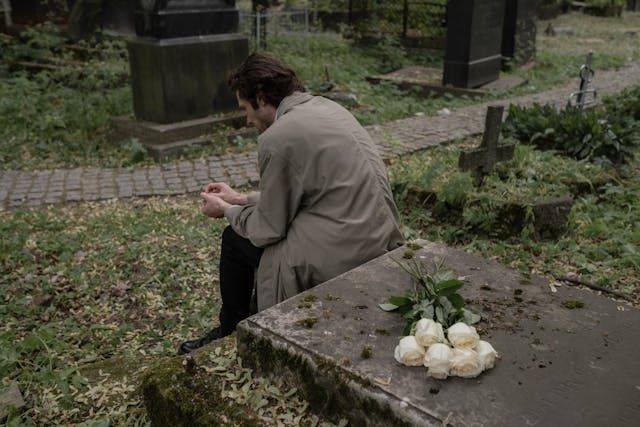Planning an Interfaith Funeral
August 1, 2023
Planning an Interfaith Funeral
Funerals honor the dead and celebrate their lives. But they are also for the living. They exist to provide a personalized experience for people to gather in shared grief and practice rituals that bring comfort and healing.
For many, these rituals grow from religious beliefs and cultural traditions passed down from one generation to the next. But families can also be diverse, with couples from different religions marrying and choosing to raise their children and grandchildren with elements of both faiths. This blended lifestyle can create both challenges and beautiful opportunities when the time comes to plan a funeral.
Blended or interfaith funerals may take many shapes. They may incorporate a combination of traditions from multiple religions, or take a more secular approach. Readings, songs, hymns, and prayers performed at the service can reflect a person’s unique spiritual background.
The service could be led by family, a nondenominational celebrant, or multiple officiants from different religions. With one in five people now coming from interfaith backgrounds, these ceremonies are becoming more common than ever.
How to plan a funeral that combines multiple religious traditions
When a person grows up in a mixed-faith household, which funeral traditions should be followed? How do you respect a person’s final wishes while balancing the needs of mourners from diverse backgrounds? And how do you plan for a meaningful and personalized service that incorporates traditions you aren’t familiar with yourself?
The answers to these questions are as personal as the individuals asking them. There is no single, simple path that everyone should follow. But there are a few tips that can help guide you toward planning a funeral that will be meaningful, respectful, and help promote healing.
- Respect your loved one’s final wishes wherever possible. If someone leaves behind instructions, the best and easiest thing is often to follow their requests as closely as possible. Not only does this honor them, it can help avoid conflict among family members who may otherwise disagree.
- Seek guidance from spiritual leaders or funeral home staff. If you are unfamiliar with the funeral traditions of a particular faith, it’s helpful to reach out to a religious leader from that community and ask for guidance. If you’re not sure where to begin or who to talk to, ask your funeral director for recommendations.
- Consider which traditions carry the most weight for a particular religion. Some religions have much stricter rules about certain aspects of the funeral process than others. When planning a blended service, you may wish to closely follow those explicit rules and incorporate elements from another tradition into a different area of the service. For example, some religions forbid cremation or the scattering of ashes, but a prayer or hymn from a different faith would be welcome at the service.
- Prioritize the needs of the people closest to the loss. Mourning can be a difficult time emotionally, and this can sometimes lead to disagreements over religious or cultural differences. You’ll need to consider the individual circumstances of the family. In some cases, it may make the most sense to have multiple services so that each side of a family can mourn separately according to their traditions. Other families may be satisfied with blending traditions into a single service or having a more secular celebration of life instead.
Once you have a clearer picture of what traditions you wish to honor or what religious and cultural priorities are most important to the mourners, you can begin planning a blended or interfaith service.
Planning an interfaith funeral can be complex and emotional, but it doesn’t have to be overwhelming. French Funerals & Cremations is here to help you through the process. We have been helping families in Albuquerque plan unique ceremonies to honor their loved ones since 1907. We would be happy to assist you in planning a ceremony that celebrates the life of your loved one. Call us at 505-843-6333 for more information.
